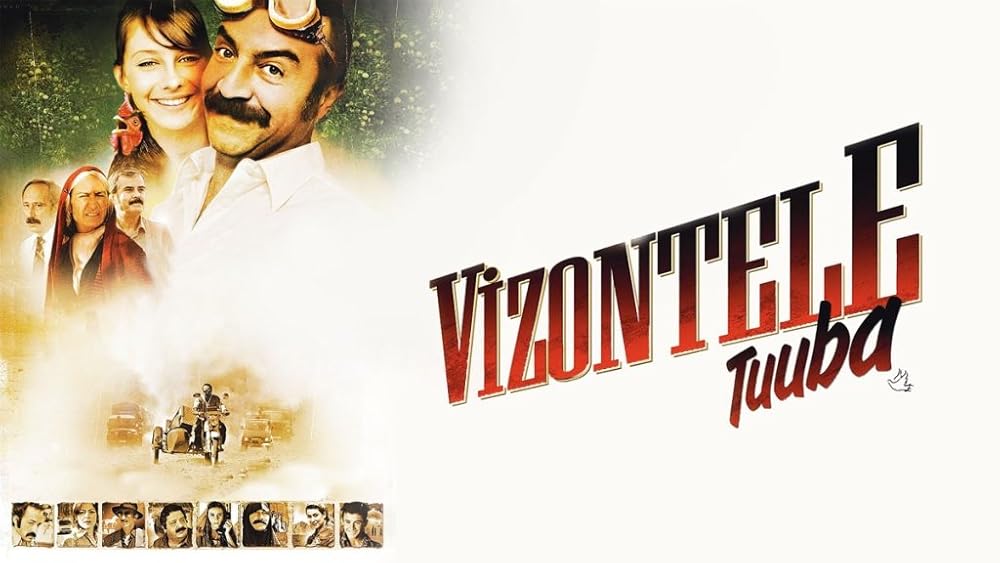miamijaialai.org – “Vizontele Tuuba” is a Turkish comedy-drama film released in 2004, directed by Yılmaz Erdoğan and Ömer Faruk Sorak. It serves as a sequel to the acclaimed “Vizontele,” continuing the charming and humorous depiction of life in a small Turkish village during a period of social and political change.
Plot and Setting
Set in the late 1970s, “Vizontele Tuuba” revisits the quaint village of Gevaş. The story picks up with the arrival of Tuuba, the daughter of a high-ranking official, who is sent to the village for her safety during a time of political unrest. Her presence brings new excitement and challenges to the community, as the villagers grapple with changes in their lives and surroundings.
Themes of Change and Adaptation
The film explores themes of change, adaptation, and resilience as the villagers face the evolving political landscape. Through humor and heartwarming moments, “Vizontele Tuuba” captures the essence of rural life and the community’s ability to adapt to new ideas and challenges. It reflects on the impact of modernization and political shifts on traditional communities, offering a poignant commentary on societal transformation.
Characters and Performances
The ensemble cast delivers endearing performances, reprising their roles from the first film with charm and authenticity. Yılmaz Erdoğan returns as the lovable mayor, Deli Emin, whose eccentric personality and leadership are central to the village’s dynamics. The introduction of Tuuba, portrayed with grace and warmth, adds a fresh perspective to the storyline, highlighting generational differences and the clash between tradition and modernity.
Cinematic Style
“Vizontele Tuuba” maintains the vibrant and colorful aesthetic of its predecessor, with sweeping shots of the picturesque Anatolian landscape. The film’s cinematography enhances the storytelling, capturing both the beauty of rural Turkey and the intimate moments of village life. The use of humor, music, and local dialects further immerses the audience in the cultural richness of the setting.
Cultural and Historical Context
The film is set during a tumultuous period in Turkish history, marked by political upheaval and societal change. By focusing on a small village, “Vizontele Tuuba” offers a microcosmic view of how broader historical events affect individuals and communities. It sheds light on the resilience and adaptability of people facing uncertainty, emphasizing themes of unity and hope.
Conclusion
“Vizontele Tuuba” is a delightful continuation of the original film, blending comedy with heartfelt storytelling to explore themes of change and adaptation. Through its endearing characters and humorous narrative, the film captures the spirit of a community navigating a rapidly changing world. It stands as a testament to the power of storytelling in preserving cultural heritage and connecting audiences with universal human experiences.

